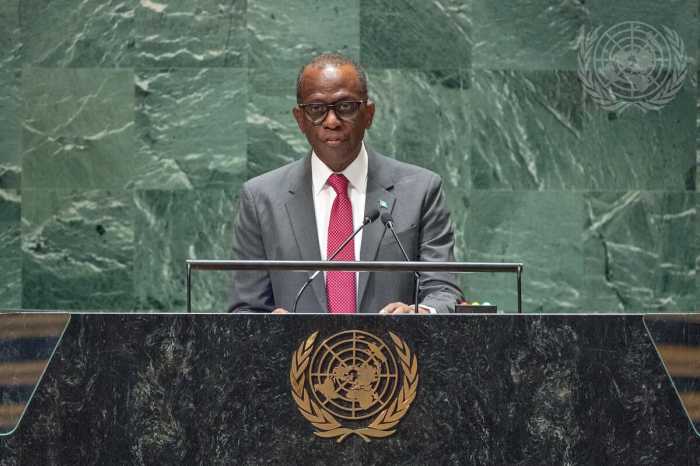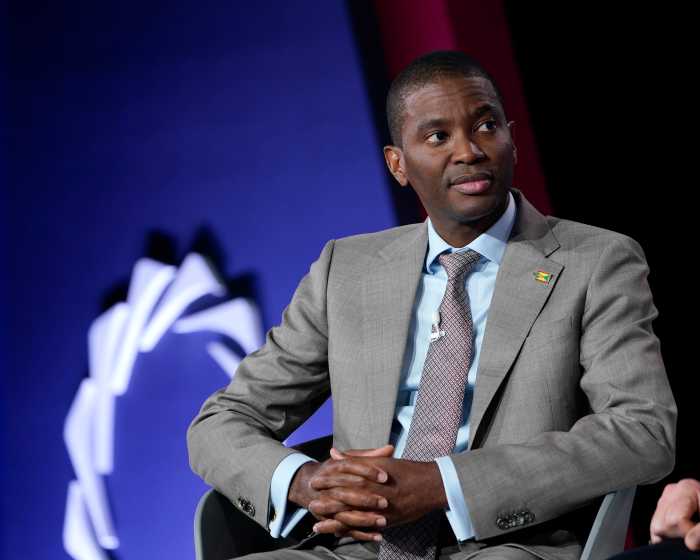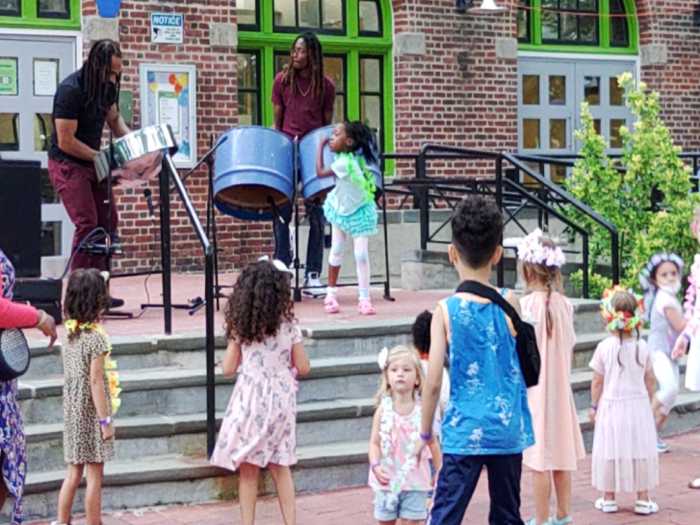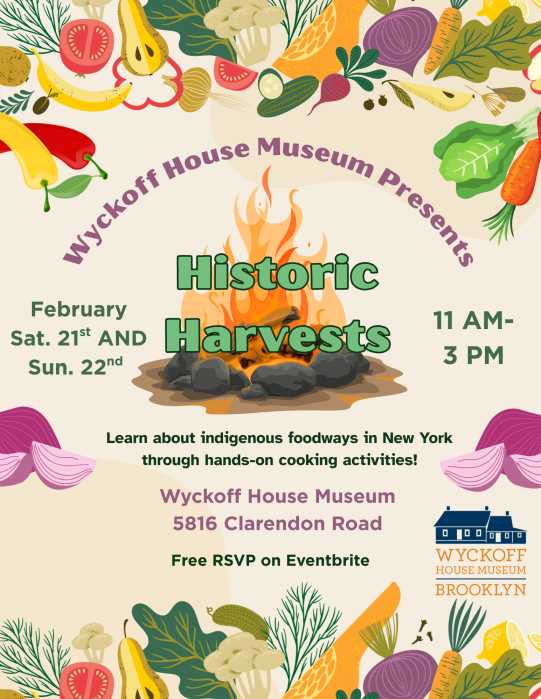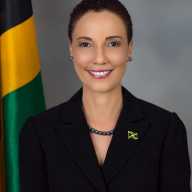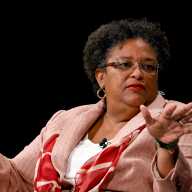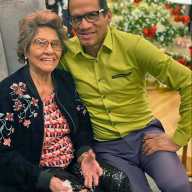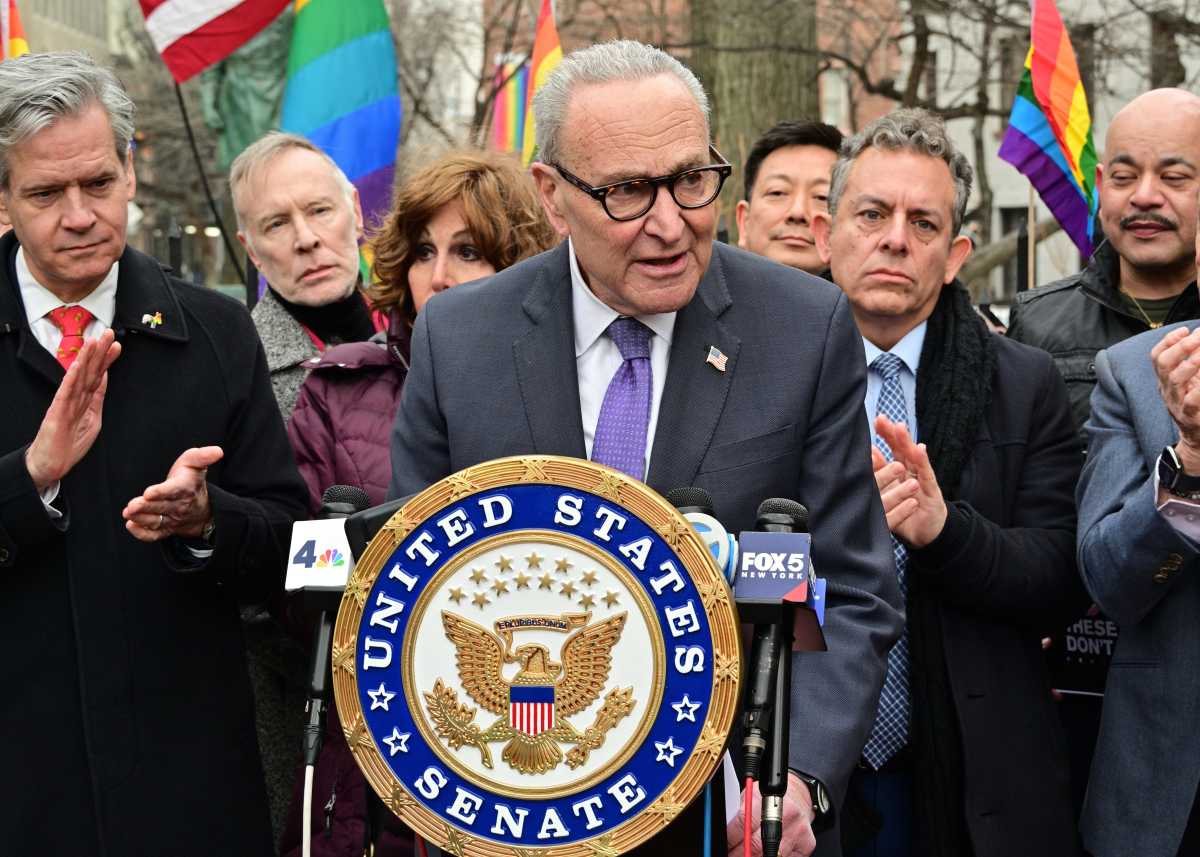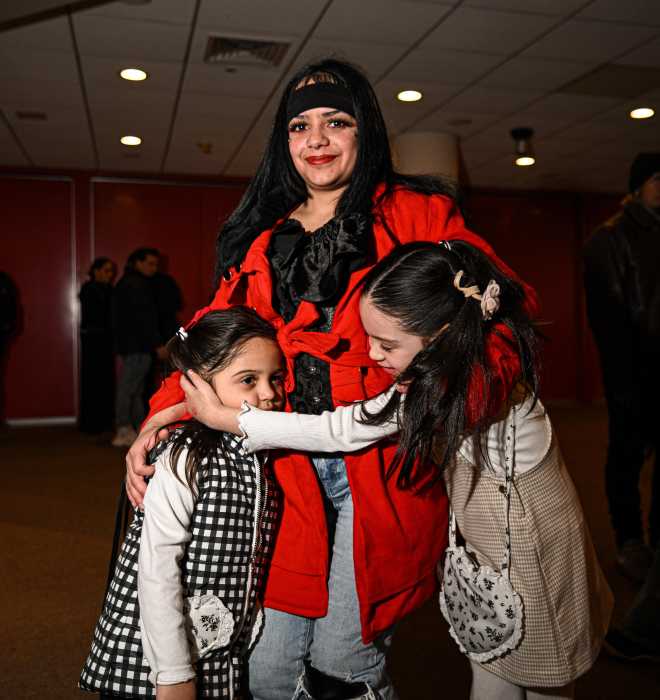I read recently about the interest showed in becoming Guyana’s president among many young, insurgent candidates, and the recent resounding success of many candidates in the USA. My heart goes out to them, and I salute them. They should have the right to compete, and voters will have an equally important right to elect a candidate of their choice, not one that is foisted upon them. Let the people decide whose leadership exudes integrity, passion and vision, not party bosses. That is the hallmark of democracy — the freedom to choose who should represent the electorate.
Guyana, and other developing countries, must implement a similar process to the USA, where any candidate can run in a primary, and the winner can compete against the winners of other party’s primaries. No one, or no committee, should have a monopoly on who should represent the masses, via any party designation process. Exclude recycled candidates also. Let the people truly decide.
This is how Albert Baldeo, an immigrant from a small village called Better Hope in Guyana, became a harbinger for continuous change and upset the political establishment, energize and inspire other grassroots activists like Councilman Eric Ulrich, incoming Congresswoman Alexandria Ocasio-Cortez, and others in America. Why can’t similar inspiring and energized candidates be allowed to exercise the fundamental right to run for public office, or allow voters the fundamental right to choose a candidate of their choice globally? These reformers would have been suffocated elsewhere.
In America, insurgent candidates have shaken up the establishment because the system allows changes, albeit reluctantly. Albert Baldeo was elected to represent the largest, diverse immigrant community in the USA, called “Little Guyana” and “Little India”, as a district leader, an elected position. Baldeo won by a landslide — 80% of the votes cast, without any party or institutional backing.
Baldeo had been denied becoming a New York State Senator by ousting a 30 year incumbent chairman of the Republican Party, Serf Maltese, by a 500 votes margin in 2006, (0.5% of the votes), when his victory was rolled back after he had been declared the winner. The party bosses came together and prevented what would have been the biggest upset in Queen’s political history.
He was pulled off the ballot in a seat he was poised to win, along with five other candidates for the vacant New York State Assembly seat a year later, and lackey insider, Assemblyman Mike Miller, was installed as a place holder for Joe Crowley’s cousin Elizabeth Crowley, a safeguard to preserve their institutional power if she lost the then-City Council election to Tom Ognibene. The party leaders and institutional leaders saw Baldeo’s independence as a threat to their hold on power. His agenda as a modern day Shirley Chisholm, who was “unbossed and unbought,” was a major factor in them “running scared” of her worthy protégé and compatriot, Albert Baldeo.
But Baldeo never gave up. He created a movement, a veritable blueprint, that has inspired and helped others to advance the progressive and liberal cause, and Americans now bask in his reform movement, where he led the charge for free health care, free college tuition, better schools and after-school programs, more wages and better jobs, improved governmental services and accountability, senior centers and more. (www.Alber
Guyana, and developing countries, have been saddled for decades with the same, recycled politicians, who jealously guard their selfish interests, as if divinely bequeathed, in vicious cabals. The door is shut to new voices. Change cannot come from such an archaic system that suffocates, rather than encourages, fresh thoughts and ideas. Give insurgents an equal chance to compete.
Buddy Hoosein, Chairman, United Communities Alliance



